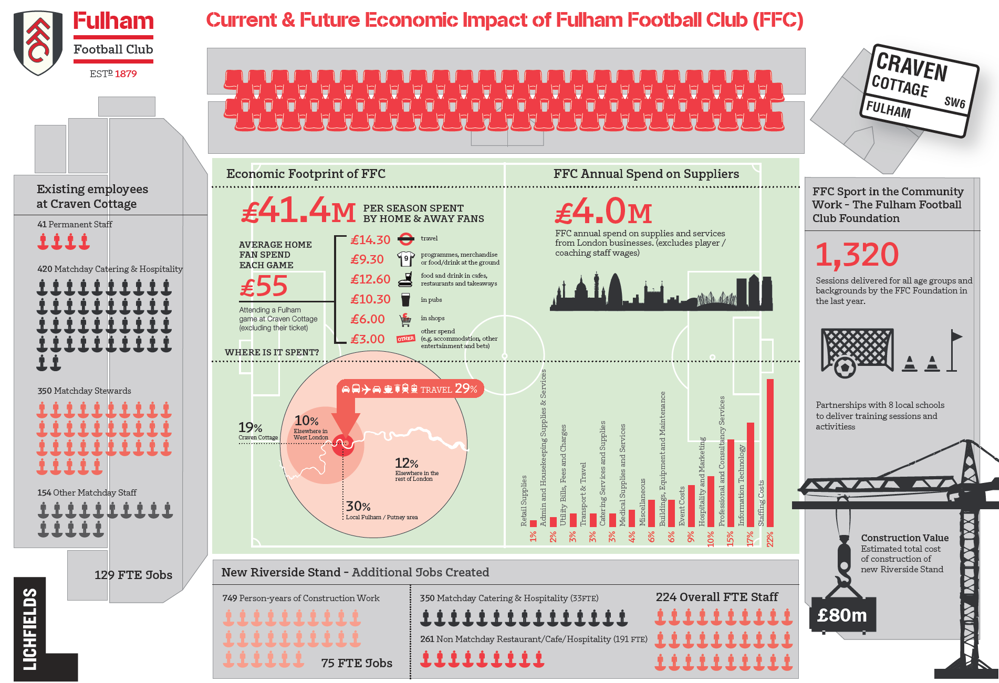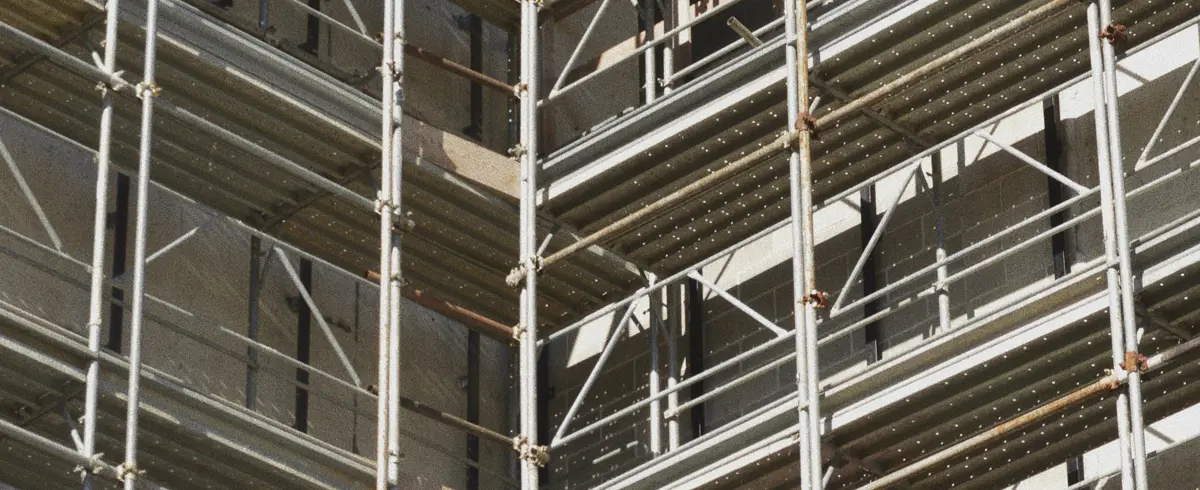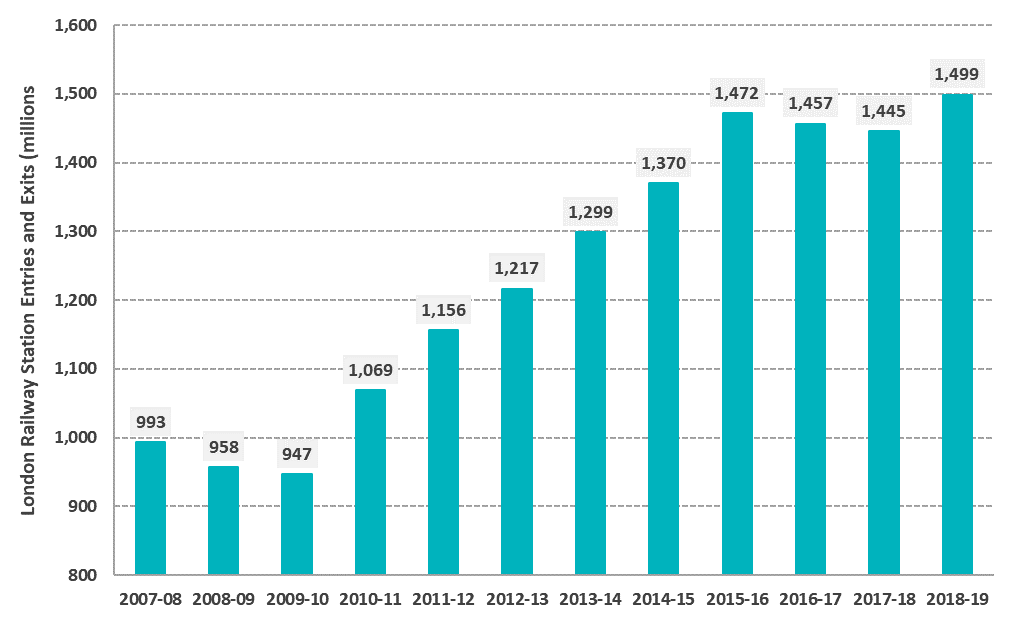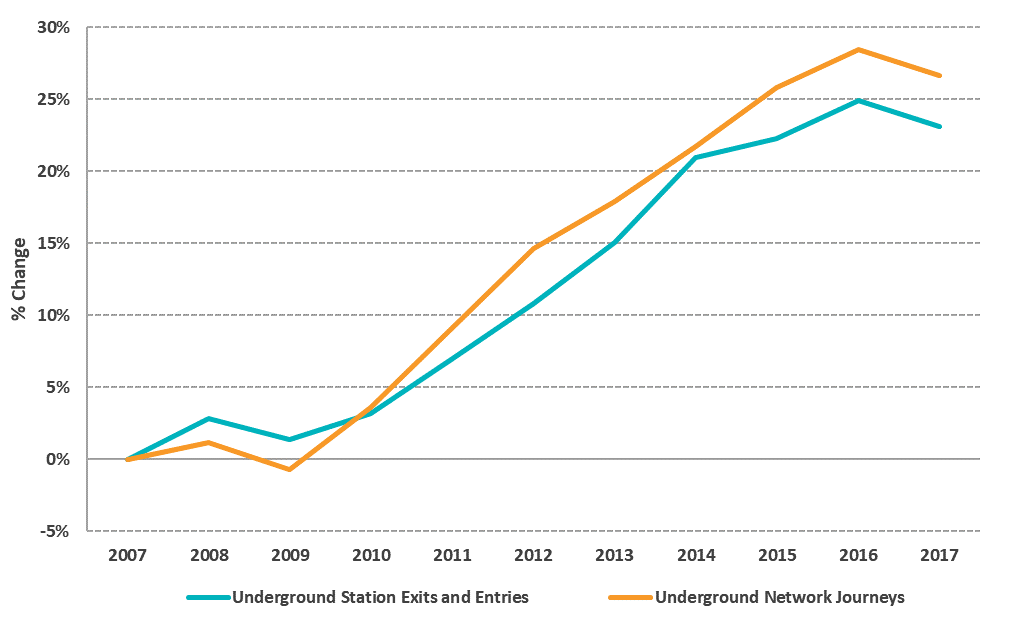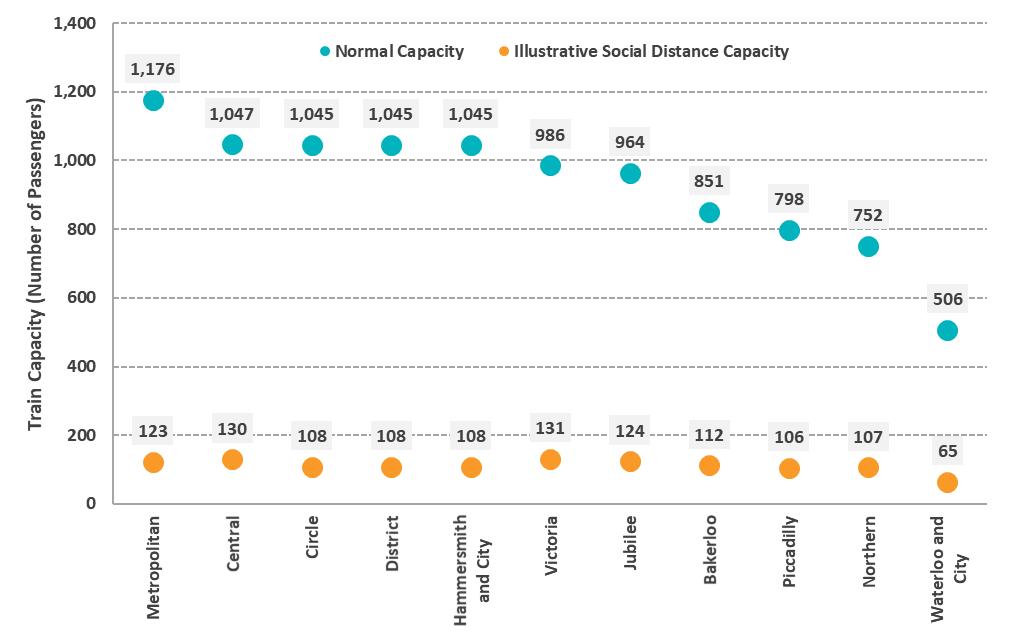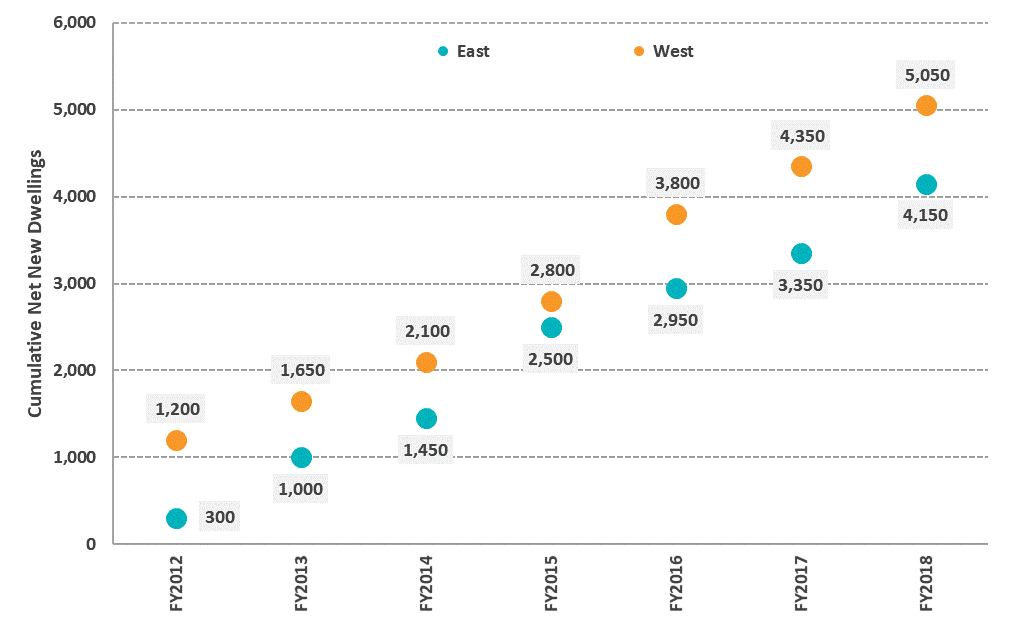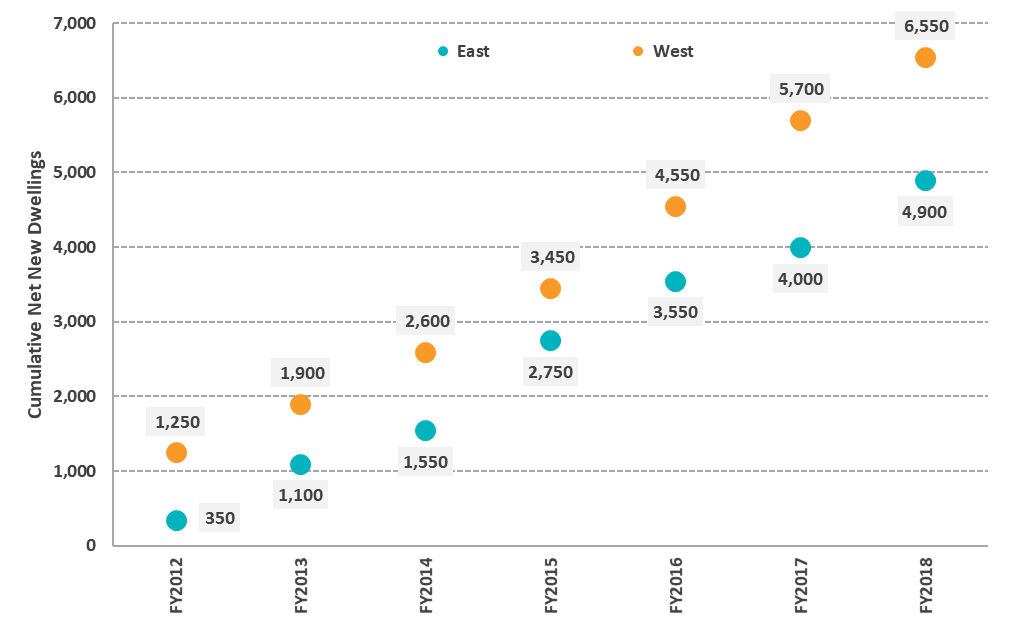Update: proposed application fee added - draft amendments to the fee regulations were laid on 6 July. And in addition to the permitted development right (PDR) covered in this blog, five more PDRs to add storeys will come into force on 31 August: Class AA/Class AB to add new dwellings on detached/terrace buildings in commercial or mixed use and three new PDRs to add storeys to dwellings to either extend the home or create new dwellings.
From 1 August a new permitted development right (PDR) will allow up to two storeys to be added to residential buildings. As anticipated, this will be in certain circumstances and subject to a successful prior approval application.
The PDR has been inserted into the Town and Country Planning (General Permitted Development) (England) Order 2015 (GPDO) by the Town and Country Planning (Permitted Development and Miscellaneous Amendments) (England) (Coronavirus) Regulations 2020.
When upwards extensions in London were consulted on by the Cameron Government and the then Mayor of London (a certain Boris Johnson), the consultation outcome opined that prior approval would have been no less onerous than a planning application and instead a supportive paragraph was to be included in national policy (see paragraph 118e of the National Planning Policy Framework (NPPF)). Indeed, the additional storeys PDR and its associated limitations, restrictions and conditions, including its own prior approval procedure, is more than 2,000 words long.
In my view, this new PDR is most comparable to the PDR to change from retail to residential, which effectively requires a mini retail assessment. That PDR has had relatively low take up, but forms a fallback position for redevelopment or larger change of use schemes if it can be demonstrated that prior approval was likely to have been granted.
This PDR is also very likely to be used to create a fallback position, both for sites that can benefit directly and – to a lesser extent - for development sites nearby that might indirectly benefit from successfully demonstrating that a neighbouring building extending by two storeys via PDRs is a realistic short-term future urban context.
This blog provides an overview of the additional storeys PDR or “right to rise”.
We will cover separately the other provisions introduced by the Town and Country Planning (Permitted Development and Miscellaneous Amendments) (England) (Coronavirus) Regulations 2020 – some of which are already in force.
What will this new PDR provide?
New Part 20 Class A grants planning permission for self-contained flats to be constructed on top of certain existing, purpose-built blocks of flats together with limited associated works, subject to conditions, limitations and restrictions.
What types of building will benefit?
The PDR will apply to purpose-built, detached blocks of flats, built on or after 1 July 1948 and on or before 5 March 2018, when consultation on this new PDR was announced. The Order expressly excludes buildings converted to residential via certain PDRs, but ‘purpose-built’ is defined – so buildings converted from the use for which they were built, whether with planning permission or not, do not benefit. This also suggests that where one of the flats was in non-residential use at the time of construction none of the block benefits, but this would need to be considered on a site by site basis.
As one might expect, the existing flats must not be or form part of a listed building or scheduled monument or land within its curtilage and they must not lie in a conservation area.
Flats in other locations commonly prohibited from permitted development may not be extended via Part 20 Class A either, including: areas of outstanding natural beauty, site of special scientific interest, the Broads, National Parks, and World Heritage Sites, a safety hazard area, a military explosives storage area, or land within 3 kilometres of the perimeter of an aerodrome.
Notwithstanding, our Heritage Director, Nick Bridgland, notes that the additional storeys PDR will change not only the skyline, but the potential skyline. The baseline for determining the impact of a new building on a heritage asset or conservation area will change if the skyline in the vicinity could increase by two storeys without planning permission. This would need to be taken into account in assessments of heritage and visual impact. It might also affect landscape and visual impact assessments for the same reason.
Can these types of residential building be of any height to benefit from the PDR?
No; there are maximum and minimum heights. Buildings must be at least three storeys, measured from ground level, and the finished extended building must not be more than 30 metres high (not including plant). New storeys, measured internally, must be no higher than any of the existing storeys and in any circumstance no higher than three metres. Therefore, the PDR will probably apply to buildings of between circa 12 metres to circa 26 metres.
What are the associated works for which prior approval may be granted?
The associated works that may be granted planning permission by the PDR if forming part of the prior approval application include:
- engineering operations within the curtilage of the building that strengthen walls or foundations, or install or replace certain utilities but do not result in visible support structures
- necessary replacement or additional rooftop plant of the same height as the existing measured from rooftop level, but not new plant where there is none existing.
- safe access and egress constructed within the curtilage of the existing building
- works for the construction of storage, waste or other ancillary facilities within the curtilage of the existing building that are reasonably necessary to support the new dwellinghouses, not on land forward of the side elevation fronting a highway or principal elevation of the existing building
Is prior approval required?
Yes, prior approval is required; it is not a determination as to whether or not prior approval is required – albeit that under Class A’s own prior approval procedures it is acknowledged that sometimes not all (sometimes none?) of the following eight prior approval matters will be applicable:
a) transport and highways impacts of the development;
b) air traffic and defence asset impacts of the development;
c) contamination risks in relation to the building;
d) flooding risks in relation to the building;
e) the external appearance of the building;
f) the provision of adequate natural light in all habitable rooms of the new dwellinghouses;
g) impact on the amenity of the existing building and neighbouring premises including overlooking, privacy and the loss of light; and
h) whether because of the siting of the building, the development will impact on a protected view
Is the decision maker limited to consideration of the above matters?
Yes, although paragraph 14 of the prior approval procedure says:
“(14) The local planning authority may require the developer to submit such information as the authority may reasonably require in order to determine the application, which may include—
(a) assessments of impacts or risks;
(b) statements setting out how impacts or risks are to be mitigated, having regard to the National Planning Policy Framework issued by the Ministry of Housing, Communities and Local Government in February 2019; or
(c) details of proposed building or other operations”.
This paragraph may appear to open the door to requests for documents addressing a wide variety of matters or details, it will not cause difficulties if both parties have the same idea about what the local planning authority (LPA) may ‘reasonably require’ in order to assess the relevant matters.
The LPA may refuse the prior approval application if it considers that the development does not benefit from the PDR or meet its conditions, or insufficient information has been submitted with the application to determine whether or not this is the case. In this circumstance the application may be appealed.
When determining an application, the LPA must have regard to the National Planning Policy Framework (2019), where relevant to the subject matter of the prior approval, as if the application were a planning application. There is no requirement to refer to the development plan.
Is there an application fee?
Draft amendments to the Fee Regulations 2012 propose a fee of £334 per new dwelling where the number of dwellings proposed is less than 50. Where more than 50 dwellings are proposed, the fee will be £16,525 plus £100 for each dwelling above 50 dwellings, up to a maximum fee of £300,000. For comparison, the fee for a full planning permission for development up of up to 50 homes is £462 per dwelling.
Submission requirements are stipulated under Class A and include ‘any fee required to be paid’. The draft Regulations were laid on 6 July and come into force 28 days after they are made. Therefore, there will be a short period of time where no fee is applicable.
What are the design controls relating to height?
In addition to the 30 metre height limitation mentioned above, the overall height of the roof of the extended building must not be more than 7 metres higher than the highest part of the existing roof (excluding existing plant).
In addition, the additional storeys may only be constructed on the “principal part” of the building, which means the main part of the building excluding any front, side or rear extension of a lower height, whether this forms part of the original building or a subsequent addition.
And where the prior approval application relates to the impact on protected views, the local planning authority must consult Historic England, the Mayor of London and any local planning authorities identified in the Directions Relating to Protected Vistas.
Must the LPA consult with certain other bodies?
The GPDO sets out for each of the prior approval matters except external appearance and daylight and sunlight how to approach consultation and who to consult. With regard to natural light, the GPDO says:
“Where the application relates to prior approval as to natural light, the local planning authority must refuse prior approval if adequate natural light is not provided in all the habitable rooms of the dwellinghouses”.
This requirement to consider natural light has now been added to several of the PDRs to change use to residential by the same regulations that will introduce this PDR.
Is public consultation required?
The proposed upwards extension must be advertised by the LPA by site notice, by serving notice adjoining owners or occupiers and by serving notice on all owners and occupiers of the flats within existing block of flats. Reaching all owners and occupiers might be difficult for the LPA, so the applicant should consider providing owners’ contact details where owners are not occupiers.
The local planning authority must take into account any representations made to them when determining an application.
Does the GPDO specify conditions to be attached to the prior approval?
Yes, including requiring a construction management plan to be submitted prior to commencement. But the LPA can add more conditions, provided that they are reasonably related to the subject matter of the prior approval.
The new dwellings must be self-contained flats and the new flats must remain in C3 use, although ancillary uses are permitted.
The GPDO also says the local planning authority may grant prior approval unconditionally, which is presumably the LPA not imposing conditions, rather than permitting the LPA to remove conditions imposed by the GPDO.
How long does the prior approval last?
The prior approval must be completed within a period of 3 years starting with the date prior approval is granted. As soon as reasonably practicable, the developer must advise the LPA that the development has been completed.
Might the proposed development be liable for the Community Infrastructure Levy?
Yes, because new floorspace will be created. It might also benefit from certain exemptions and reliefs.
Might the proposed development be liable for s106 contributions?
Unlikely. At present, Planning Practice Guidance says:
“By its nature permitted development should already be generally acceptable in planning terms and therefore planning obligations would ordinarily not be necessary. Any planning obligations entered into should be limited only to matters requiring prior approval and should not, for instance, seek contributions for affordable housing”.
This guidance was obviously drafted prior to the current legislation and might be amended to take into account this new PDR, which unlike those before creates brand new residential floorspace rather than converting exiting floorspace to residential. However, the when determining the prior approval application, LPAs will also need to have regard to the National Planning Policy Framework, so far as relevant to the subject matter of the prior approval, as if the application were a planning application; none of the prior approval matters could be linked to the provision of affordable housing. The only way of seeking contributions might be if it were raised by a consultee, because Part 20 Class A prior approval applications will need to take into account any representations made to them as a result of any consultation.
Any planning obligation should be necessary to make the development acceptable in planning terms, directly related to the development, and fairly and reasonably related in scale and kind to the development.
If the existing building has a planning condition limiting it to a certain number of units or another control related to extending the building can I benefit from the PDR?
Please contact us to discuss this. While the GPDO cannot override a condition, the condition may not have been adequately drafted and/or may not apply in the context of a fresh planning permission to extend the building.
Image credit: Joshua Mancini via unspalsh





